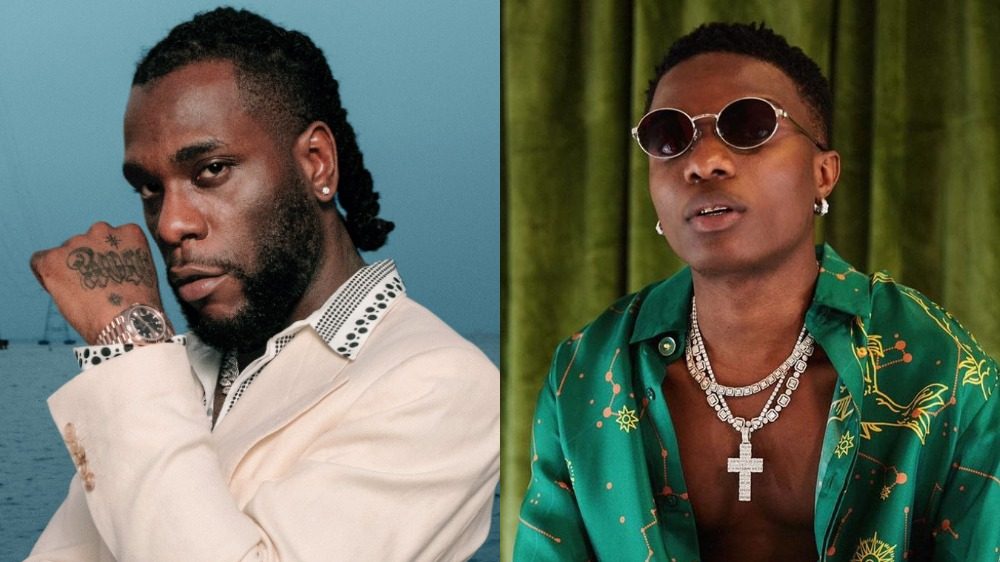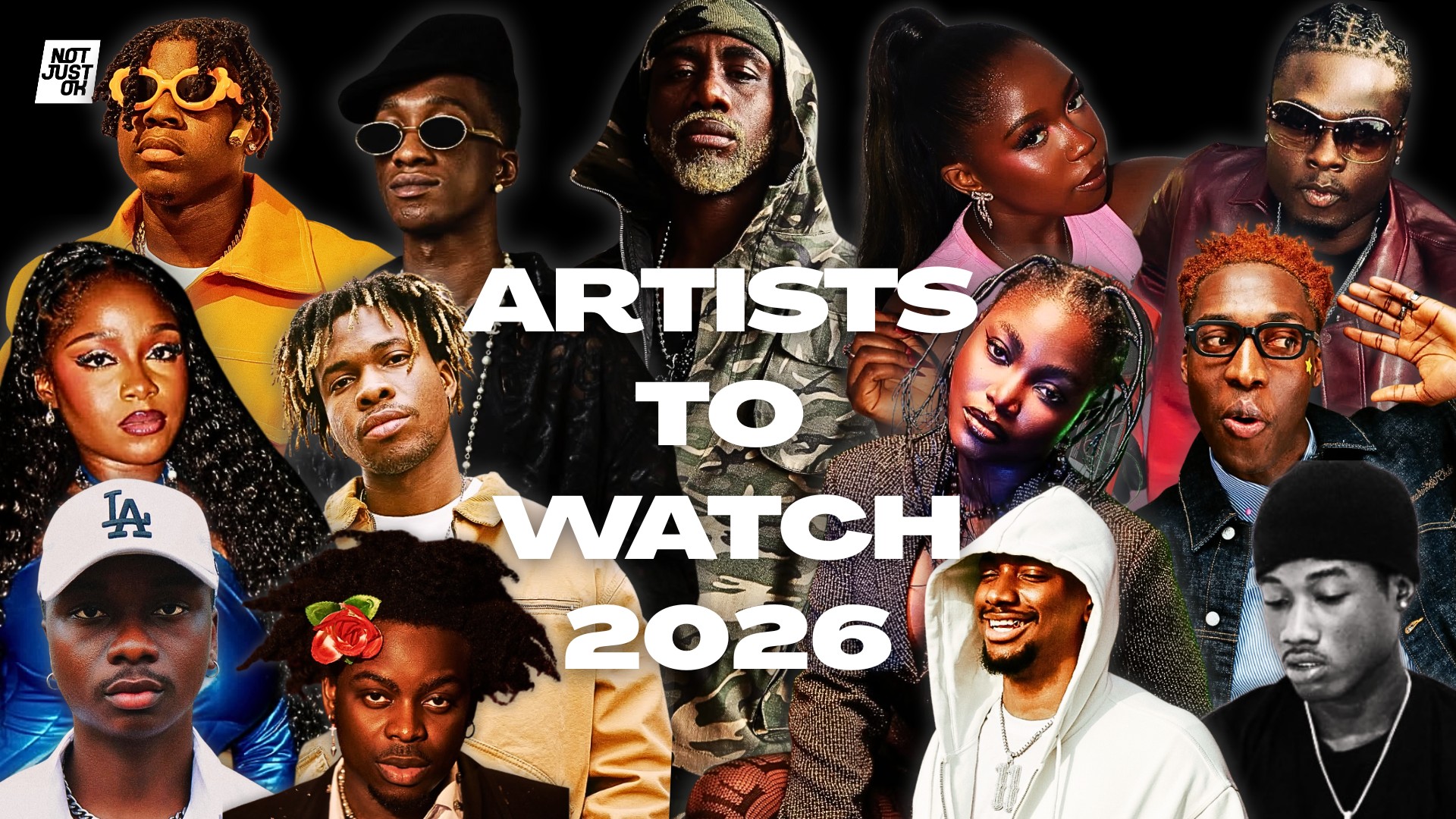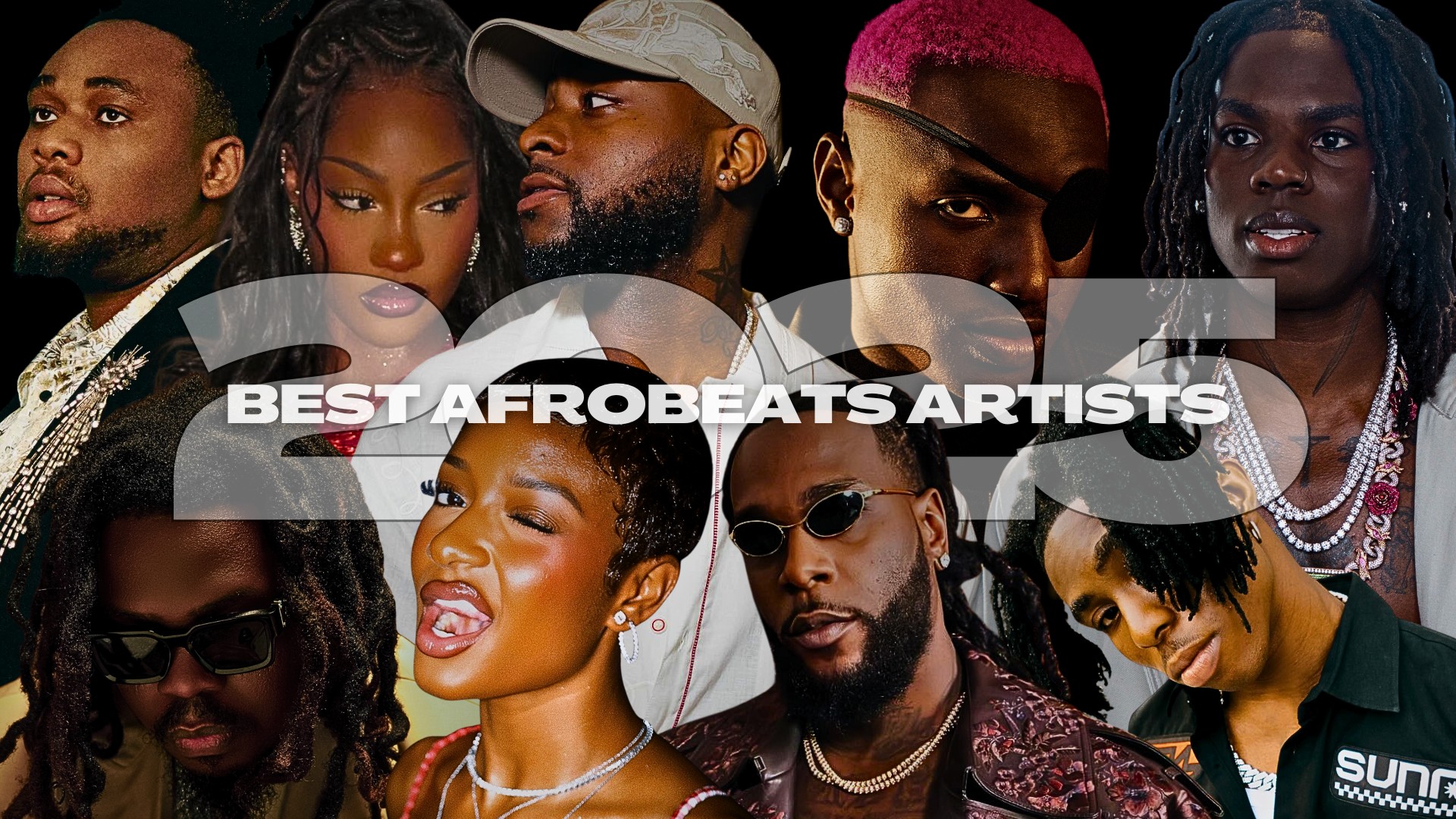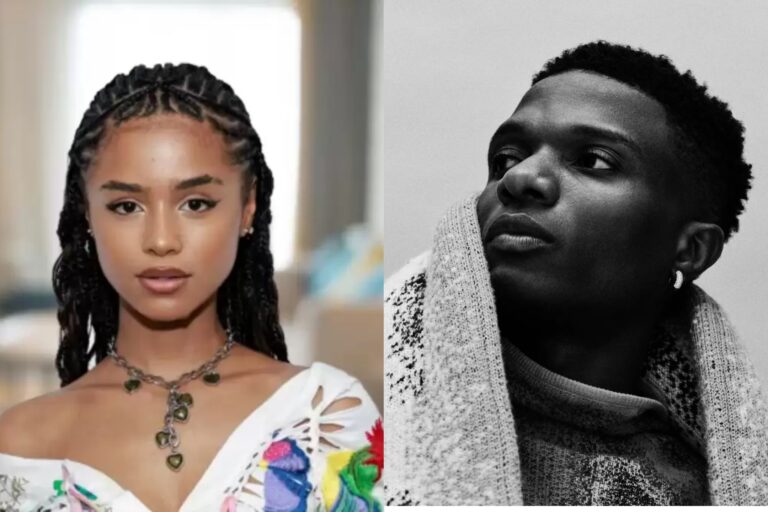Why Nigerian artists are trying so hard to denounce Afrobeats

Nigerian artists, despite the global success of Afrobeats, and its continued international recognition, are showing a growing tilt towards new musical territories. In recent times, they have been seen to denounce the genre, claim other genres, or create hybrid genres.
The shift that has happened is moving away from the traditional sound that has defined the Nigerian music scene for years. This shift raises multiple questions about the reasons behind this trend and the implications it may have on the music industry in Nigeria and beyond.
Nigeria's music history is rich and diverse, drawing from genres like jazz, highlife, jùjú, and reggae. Afrobeats of recent years have played significant roles in shaping the country's musical landscape on a global scale. It was also recognised at the 2024 Grammy’s as one of the two genres included in a new category.
Afrobeats is most identifiable by its signature driving drumbeat rhythms. These beats are a mixture of the sounds from different drums and instruments, like the bass guitar and Sakara frame drum indigenous to the Yoruba people, as well as drums, guitars, horns, shekere, organ keyboards, and other percussion instruments.
The genre has gained immense popularity globally, with artists like Wizkid, Burna Boy, Tiwa Savage, Rema, and Davido leading the mainstream music scene.
Backstory
Very recently, about three Nigerian top artists have denounced Afrobeats, and they all have given different reasons for that. Wizkid, considered one of the most successful artists Nigeria has produced, recently denounced the Afrobeat genre in a series of Instagram posts. Later on, the artist clarified by saying that he believed that Afrobeats was “was made up by y’all to put all we make into one box.” He went into detail about how he believed that Afrobeats, although a sound in itself, does not apply to him as he is an artist who creates a ‘fusion of sounds’ and doesn't want to be categorized under a genre created as a means of grouping the multifarious range of music produced by African artists into a single category.
Fireboy’s stance on the Afrobeats genre is similar to Wizkid's sentiments, as he believes that the genre, while a sound in itself, does not apply to him as an artist who creates a "fusion of sounds" and does not want to be categorised under that genre. He says he's an artist from Africa but not necessarily an Afrobeat artist because he creates a different sound.
Burna Boy, another prominent Nigerian artist, has also expressed his views on the lack of substance in Afrobeats. He believes that 90% of Afrobeat's music lacks real-life experiences and is mostly about "nothing." This perspective has led to heated criticism from fans and fellow artists, with some arguing that Afrobeats have lifted many people out of depression and provided a sense of unity during challenging times. But that didn't matter, as Burna Boy continues to classify himself as an afro-fusion artist.
Why Nigerian artists do not want the tag "Afrobeats Artist"
There are several reasons why Nigerian artists like Wizkid, Fireboy DML, Burna Boy, Chike, and others are attempting to ditch the tag "Afrobeats Artists."
The primary reason is growth. These artists appear to believe that the tag limits their global opportunities, as their efforts to create other types of music are not appreciated. In their defence, it keeps them in a box, limiting their opportunities to be recognised in other markets where Afrobeats does not dominate.
Another reason could be the artists' selfish desire to create a new genre of music for themselves. This could simply be due to their desire to leave a legacy, as evidenced by genres such as Rema's Afro-Rave or the infamous Afro-fusion, which is essentially the same as afrobeats—a fusion of other African or international sound elements with sound elements originating in West Africa.
Some music critics believe it's similar to what happened to dancehall, the genre. The fall of the dancehall genre has been attributed to various factors, including a shift in lyrical content towards themes of violence, as well as a departure from personal experiences in songwriting, much like how Burna Boy claims afrobeats have no substance. This led to a decline in dance hall’s popularity on the global music scene. The genre was left behind as it failed to evolve, and even dancehall veteran Beenie Man advised that “dancehall entertainers should squash their beef, jump on the same rhythm, and unite for the betterment of dancehall.”
In conclusion, the evolving landscape of Nigerian music, particularly the movement away from Afrobeats by some prominent artists like Wizkid, Fireboy, and Burna Boy, reflects a shift towards exploring new musical horizons and challenging traditional genre boundaries. While Afrobeats has undeniably propelled Nigerian music onto the global stage, artists are now seeking to break free from the constraints of being boxed into a single genre.
The denunciation of Afrobeats by these artists signifies a desire for artistic freedom, creative exploration, and a rejection of being confined to a specific genre label. This shift mirrors similar transitions seen in other music genres like dancehall, where a lack of evolution and depth in lyrical content contributed to its decline in popularity.
As Nigerian musicians continue to push boundaries, experiment with new sounds, and collaborate across genres, one can only hope that the music industry in Nigeria is poised for further innovation and not ruin.






